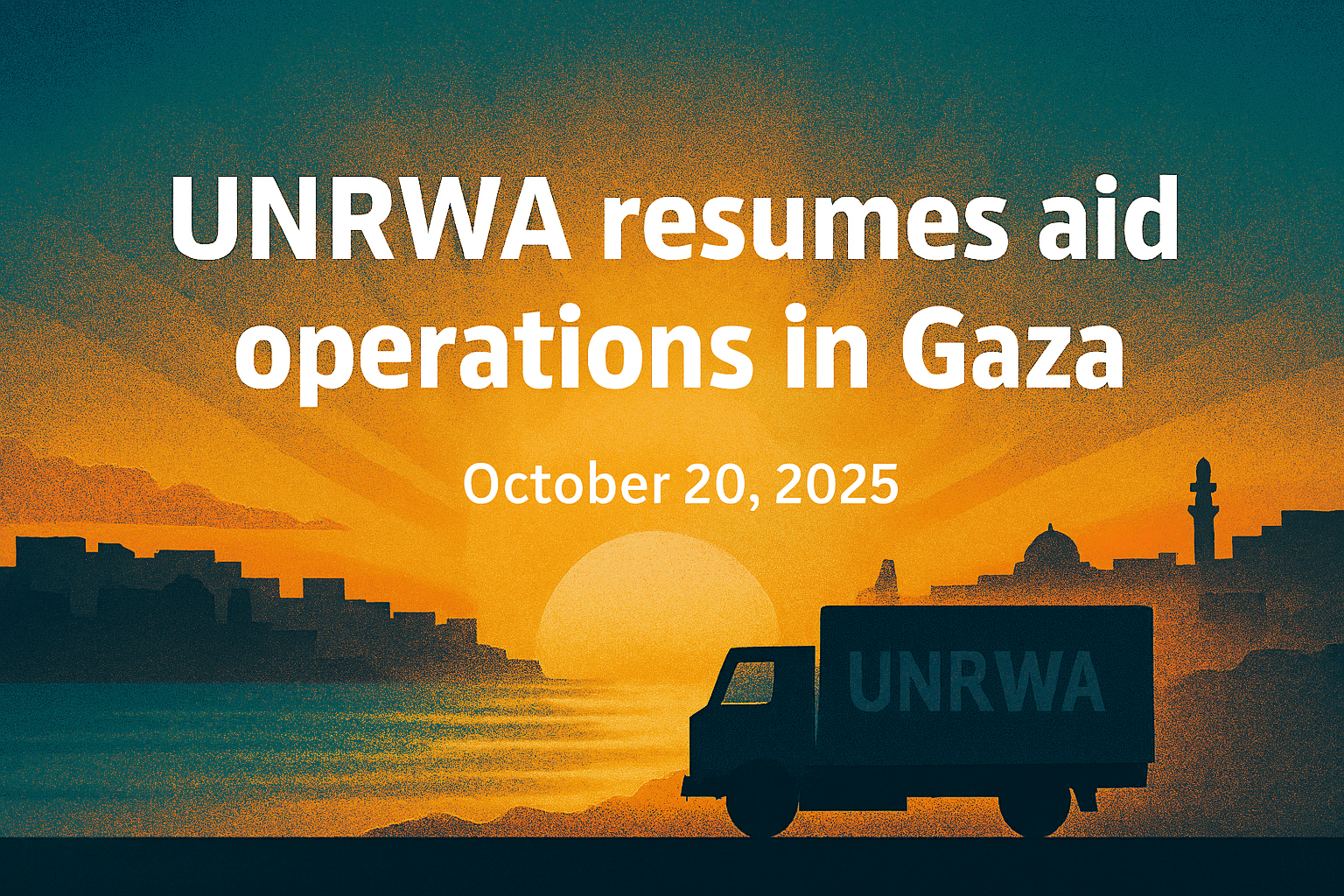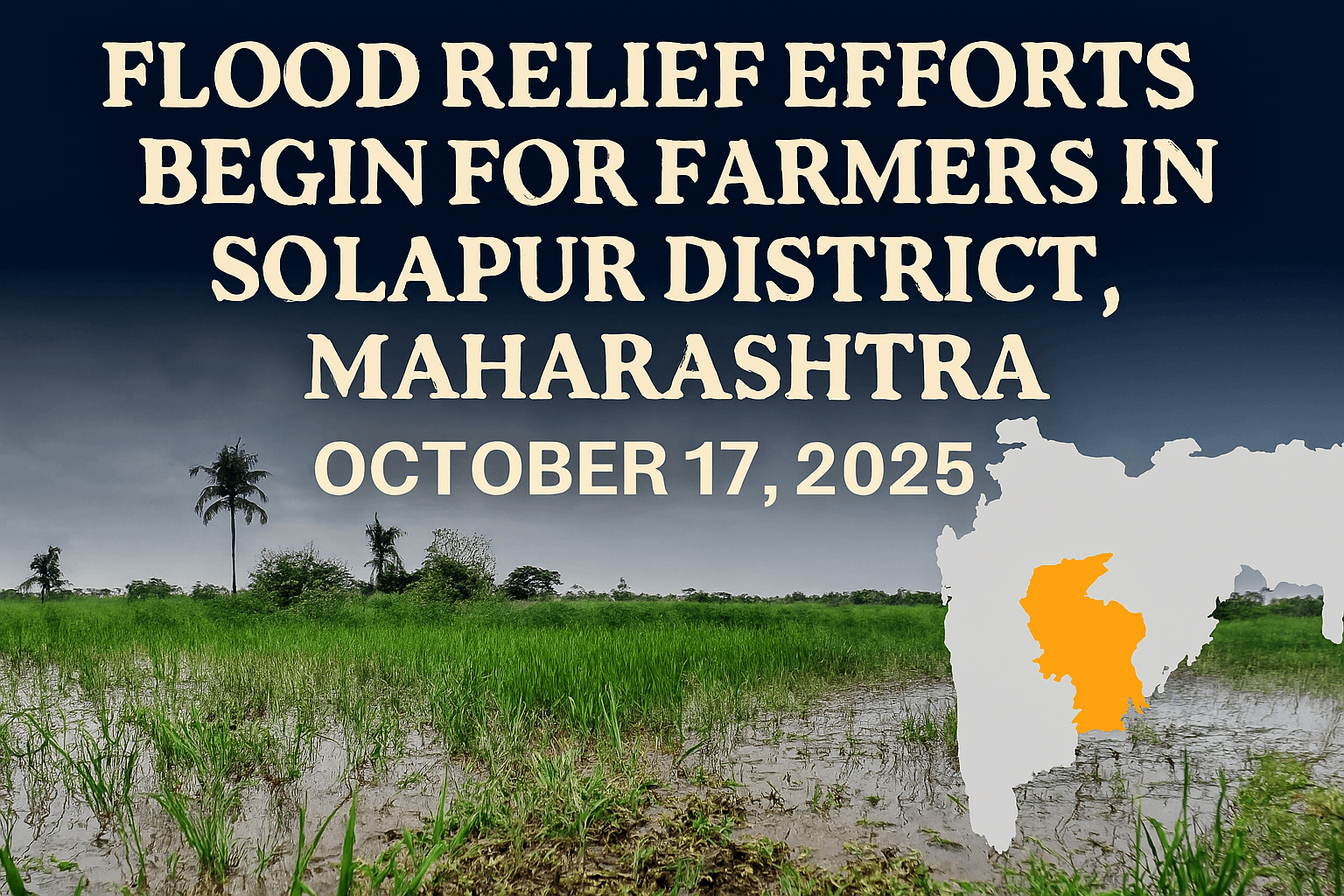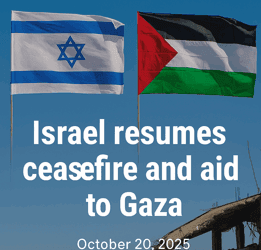On 12 October 2025, the world witnessed one of the most devastating attacks in Sudan’s ongoing civil conflict. The Sudan displacement camp attack 2025 targeted the Dar al-Arqam Displacement Centre in El Fasher, North Darfur, killing at least 60 people, including 17 children and a 7-day-old infant. The attack, reportedly carried out by the Rapid Support Forces (RSF), has drawn international condemnation and renewed calls for humanitarian intervention.
Background: Sudan’s Escalating Civil War
Sudan has been engulfed in a brutal civil war since April 2023, with the RSF and the Sudanese Armed Forces locked in a violent power struggle. The conflict has displaced millions, created acute food insecurity, and led to widespread human rights violations. El Fasher, the capital of North Darfur, has become a flashpoint, hosting thousands of displaced families in makeshift shelters and university campuses.
Details of the Attack
According to the Sudan Doctors Network and local resistance committees, the Dar al-Arqam camp was hit twice by drones and eight times by artillery shells over two days. The shelter, located on the campus of Omdurman Islamic University, was home to families fleeing violence from other parts of Darfur. Bodies remained trapped under rubble for hours, and emergency response teams struggled to reach the site due to ongoing shelling.
Table: Casualties and Damage Overview
| Category | Number | Remarks |
|---|---|---|
| Total Fatalities | 60+ | Confirmed by local activists |
| Children Killed | 17 | Includes a 7-day-old infant |
| Women Killed | 22 | Many were sheltering with children |
| Injured | 21+ | Severe trauma and burns |
| Buildings Destroyed | 3 | University structures and tents |
UN and Global Response
UNICEF condemned the attack, calling it “a devastating assault on children and families.” The United Nations has urged all parties to respect international humanitarian law and protect civilians. Human Rights Watch and Amnesty International have labeled the incident a potential war crime, demanding independent investigations and accountability.
Voices from the Ground
“We were sleeping when the first drone hit. My daughter was holding her baby—now both are gone,” said a survivor interviewed by local media. Another resident added, “We have nowhere else to go. Even our shelters are being bombed.”
Humanitarian Crisis Deepens
Sudan’s humanitarian situation is worsening. Over 25 million people are in need of aid, and displacement camps are overcrowded and under-resourced. The attack on Dar al-Arqam has disrupted food distribution, medical services, and psychological support programs. Aid workers report rising cases of malnutrition, trauma, and disease.
Political Fallout
The RSF has denied targeting civilians, claiming the camp housed armed elements. The Sudanese Armed Forces have accused the RSF of genocide and ethnic cleansing. International observers warn that the conflict is spiraling into a full-blown humanitarian catastrophe with no clear resolution in sight.
Media Coverage and Public Sentiment
Global media outlets have covered the attack extensively, with images of destroyed tents and grieving families circulating widely. Social media campaigns like #SaveDarfur and #SudanUnderAttack have gained traction, prompting calls for diplomatic pressure and emergency aid.
International Diplomacy and Aid Mobilization
The African Union and Arab League have called for an emergency summit. Western nations, including the U.S., UK, and France, have pledged additional humanitarian aid but stopped short of military intervention. The UN Security Council is expected to convene a special session to address the crisis.
Impact on Children and Education
Many of the victims were school-age children. The attack has disrupted education programs and destroyed learning spaces. UNICEF reports that over 1.5 million children in Sudan are out of school due to conflict. The psychological toll on survivors is immense, with many exhibiting signs of PTSD and depression.
Legal and Ethical Implications
International legal experts are examining whether the attack constitutes a violation of the Geneva Conventions. The deliberate targeting of displacement shelters may qualify as a war crime. Advocacy groups are pushing for documentation and evidence collection to support future prosecutions.
Future Outlook
As the conflict intensifies, humanitarian corridors are shrinking. Aid agencies are calling for ceasefires to allow relief operations. The Sudanese diaspora is mobilizing resources and lobbying for global action. Without sustained diplomatic pressure and peace negotiations, the cycle of violence may continue unchecked.
Conclusion
The Sudan displacement camp attack 2025 is a tragic reminder of the human cost of war. As children and families bear the brunt of political violence, the international community must act decisively. Whether through aid, diplomacy, or justice, the world must not turn away from Sudan’s suffering.


















